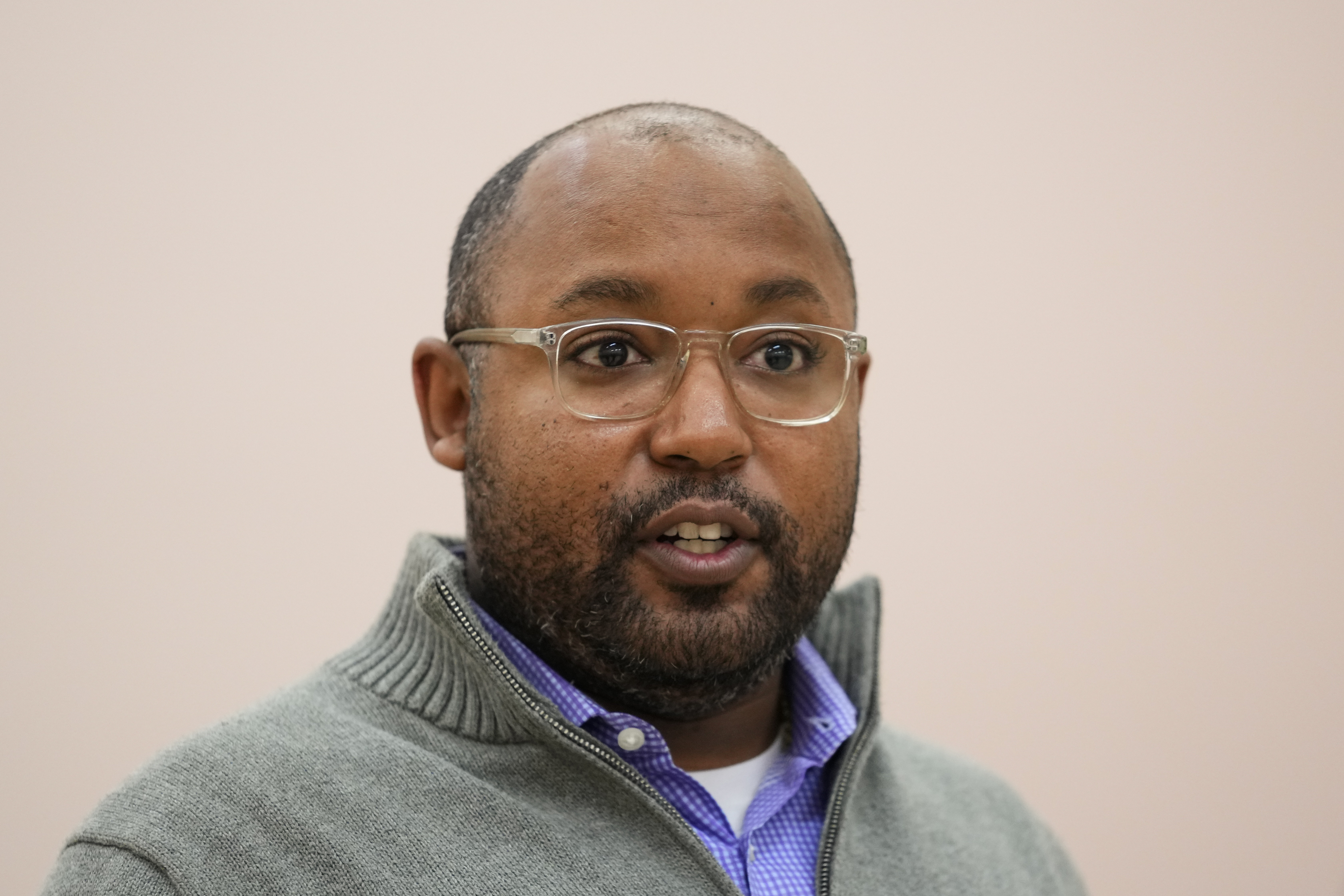What to Know
- Pennsylvania Gov.-elect Josh Shapiro is beginning the transition to his new job, pledging to work constructively with lawmakers and pledging to remain as attorney general until he takes office as governor in January.
- Shapiro gave his first Capitol news conference Wednesday as he navigates the massive task of sorting through the many applications to fill out top posts in his administration, selecting a Cabinet and getting his arms around a government of the nation’s fifth-most populous state.
- Shapiro appeared Wednesday with outgoing Gov. Tom Wolf and Lt. Gov.-elect Austin Davis at the news conference and voiced confidence in a smooth transition with his fellow Democrat.
Pennsylvania Gov.-elect Josh Shapiro gave his first Capitol news conference Wednesday as he begins the transition to his new job, pledging to work constructively with lawmakers and saying he will remain as attorney general until he is sworn in as governor in January.
For now, Shapiro, a Democrat, is navigating the massive task of sorting through what is likely to be thousands of applications to fill top posts in his administration as he gets his arms around the government of the nation's fifth-most populous state.
Appearing with outgoing Gov. Tom Wolf and Lt. Gov.-elect Austin Davis, the 49-year-old governor-elect said he is confident of a smooth transition with his fellow Democrat.
Get top local stories in Philly delivered to you every morning. >Sign up for NBC Philadelphia's News Headlines newsletter.
Shapiro, the state’s two-term attorney general, scored a massive 14 percentage point win over Republican rival Doug Mastriano in last week’s midterm election and became the first candidate since 1966 to succeed a governor of the same party in Pennsylvania.
Shapiro's campaign policy director, finance director and press secretary will take on key roles in the transition and inaugural committee.
Decision 2022
Coverage of the 2022 elections
Otherwise Shapiro gave few details about the transition, such as who will lead or the dozens of people who will participate in transition committees and how the inaugural festivities will be financed. He promised more announcements in the coming days.
Though promising a smooth Democrat-to-Democrat transition, Shapiro has split with Wolf on several important policies — including Wolf’s top climate-change priority, to make Pennsylvania the first major fossil fuel state to impose carbon-pricing — and emphasized that there will be differences between his administration and Wolf's.
“Obviously, we’re going to leave our own mark, and we’re going to chart our own course and I know that’s what Gov. Wolf would want us to do," Shapiro said.
Shapiro and Davis will be sworn in Jan. 17.
Shapiro said he will continue serving as attorney general until he is sworn in. After that, he said, he will nominate a successor to the Senate for confirmation to fill the remainder of his four-year term lasting through 2024. He said he will announce a nominee in the coming weeks.
Shapiro will take office with the state in a stable financial position, thanks to strong tax collections and billions in federal pandemic aid in a government that doles out more than $100 billion a year in state and federal money.
However, it also has challenging long-term fiscal issues, such as a relatively slow-growing economy, a ballooning retirement-age population and a shrinking working-age population.
Republicans will return in January with a 28-22 majority in the Senate. Control of the state House of Representatives remains up in the air. The Associated Press has not called two state House races that will determine which party controls the majority. County election boards are expected to certify results in the coming days.
Shapiro said that he and Davis — who will preside over the state Senate as part of the lieutenant governor's duties — have spoken with Sen. Kim Ward, R-Westmoreland, who is on track to become the Senate's top-ranking member, the president pro tempore.
Shapiro has emphasized that his victory was helped by Republicans and independents, and that he must work with lawmakers with bipartisanship in mind.
“I'm convinced we'll find common ground,” Shapiro said. “I've got a history of bringing Republicans and Democrats together to get things done and that mandate I have is not just an electoral mandate, but what I hear clearly from voters is they want us to get things done in this building.”
___
Follow Marc Levy on Twitter: twitter.com/timelywriter. Brooke Schultz is a corps member for the Associated Press/Report for America Statehouse News Initiative. Report for America is a nonprofit national service program that places journalists in local newsrooms to report on undercovered issues.




